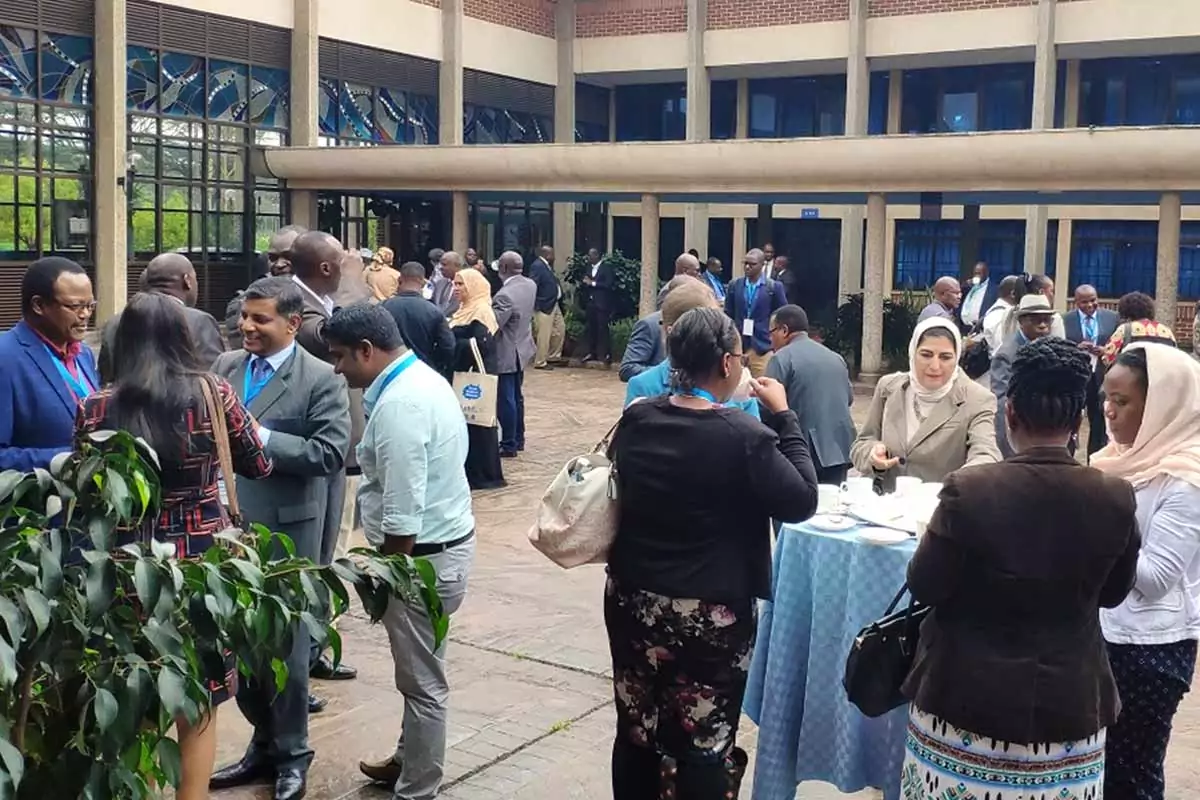Together with WIOMSA, the MeerWissen secretary has recently published a discussion paper on “Co-Design as the basis for collaboration and science to policy uptake in the Western Indian Ocean region”. The paper provides an overview of the concept of co-design and gives recommendations on how to implement the approach and create the political will that is required.
A global demand for a transformation to a more sustainable society has led to an integrative view on environmental issues. The need arose to manage these in an inter- to transdisciplinary manner, incorporating science, policy, economy and the public. Acute threats, such as climate change or the COVID-19 pandemic, have led to a situation where scientific findings have an increased impact on political decisions. The dialogue between politicians and scientists was strengthened and drawn to the public, raising awareness and calling all sectors to engage. In marine science, co-designing a project – thus including relevant stakeholders as local communities, political decision makers and economic sectors (fishing industry, oil and gas companies or others) to jointly develop and implement marine research – has been taken up more and more. The MeerWissen Initiative, which is supporting partnership projects between African and German marine research institutions, has set co-design as an essential criterion in the selection process.
The discussion paper draws attention to one major challenge in co-designing a project, namely the difficulties emerging from the work between different scientific disciplines, regions and societal groups, as well as in regard to the north-south component. Combining stakeholders with different (academic) backgrounds, strategies and intentions requires clear arrangements and good communication. Often, when designing partnership projects, the global north acts as funding body, determining the focus of the study according to own priorities. This disparity in decision-making power limits the actual applicability of the outcomes for the collaborating countries in the global south. In addition, a lacking access to original data for institutes from the global south is, according to the paper, leading to a missing implementation of the findings into political decision-making processes.
In the Western Indian Ocean (WIO) Region, this issue of disparity and multi-stakeholder cooperation is tackled by the Nairobi Convention and the Western Indian Ocean Marine Science Association (WIOMSA), who support the knowledge transfer between scientific findings and (inter-)regional political decision-making. Furthermore, these organizations foster the dialogue between academic and non-academic stakeholders to generate a sustainable societal transformation that is aimed for in such a transdisciplinary approach.
The paper does also give recommendations on how regional decisions may be linked to global processes and delivers an advice on how the political will, that is needed to include sciences into politics, can be achieved.

